Water Quality / Savings Tips
Best practices and information on how to conserve water and lower your monthly usage
Basic Ways to Conserve Water
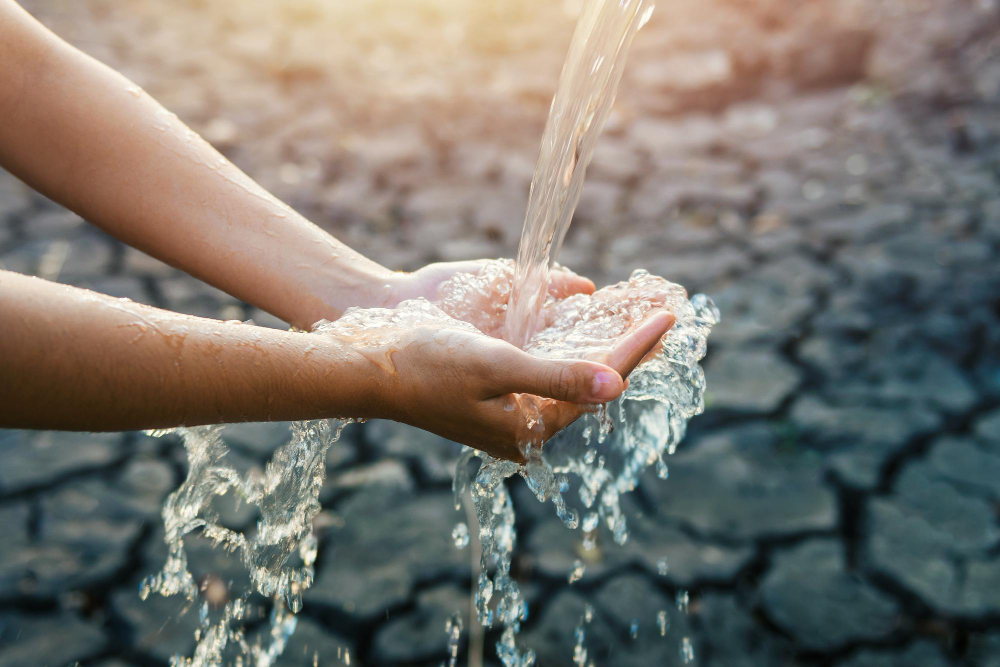
Economize
A lot of water goes needlessly down the drain. This might have been OK when water was plentiful—but not anymore! Think about the amount of water you're using, and look for ways to use less whenever you can.

Hoses and Irrigation Systems
Use a hose nozzle that you can shut off or adjust to fine spray. When finished, shut off at the house to avoid leaks. Consider an automatic sprinkler or drip irrigation system. Check hoses and connectors--repair or replace any leaky parts or sections. Keep irrigation systems running efficiently. Repair, replace or adjust sprinkler heads. Check the system for leaks.
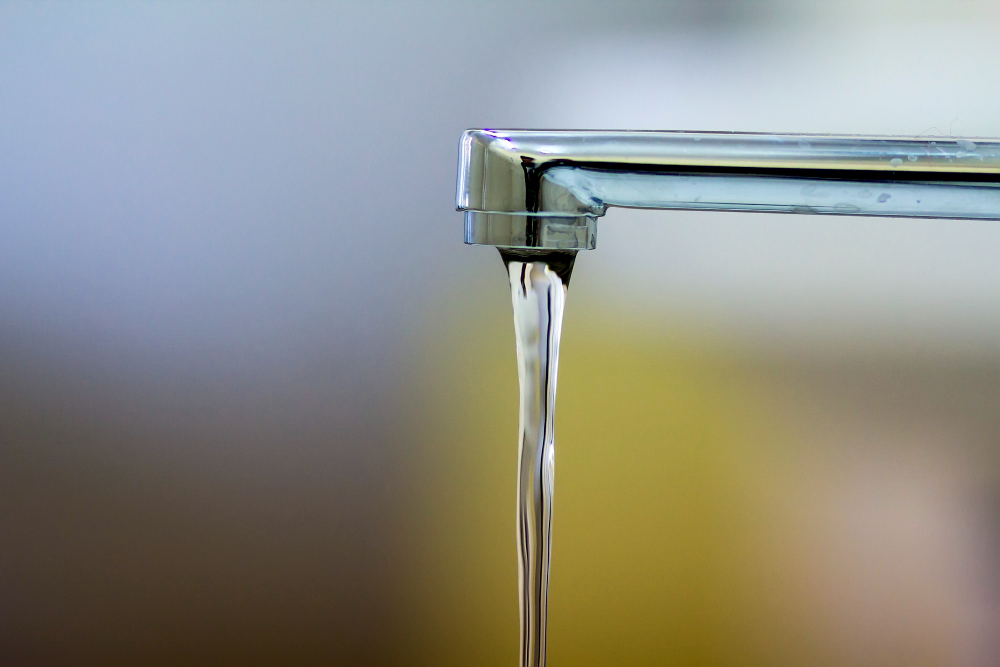
Install water-saving devices
If you don't already have water-efficient or low-flow fixtures, you can cut your water use with aerators (to mix air with water)- displacement devices (to reduce the amount of water used in toilets). Make sure devices are installed properly.

Lawn and Garden
Water slowly and thoroughly during cool, windless hours. Water as little as possible. Let grass grow taller in hot weather. Use mulch in the garden and around shrubs to save moisture. Plant native and other shrubs that don't need a lot of water. Consider alternatives to big, thirsty lawns.
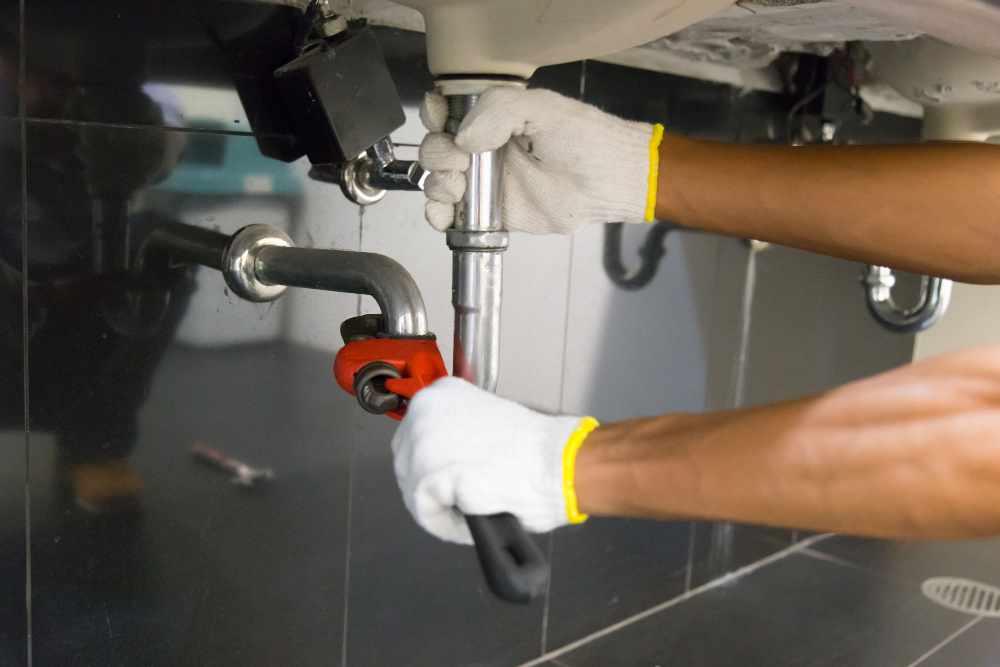
Repair Leaks
A single dripping faucet can waste hundreds, even thousands, of gallons per year. Most leaks are easy to detect and repair with some basic know-how and simple tools.
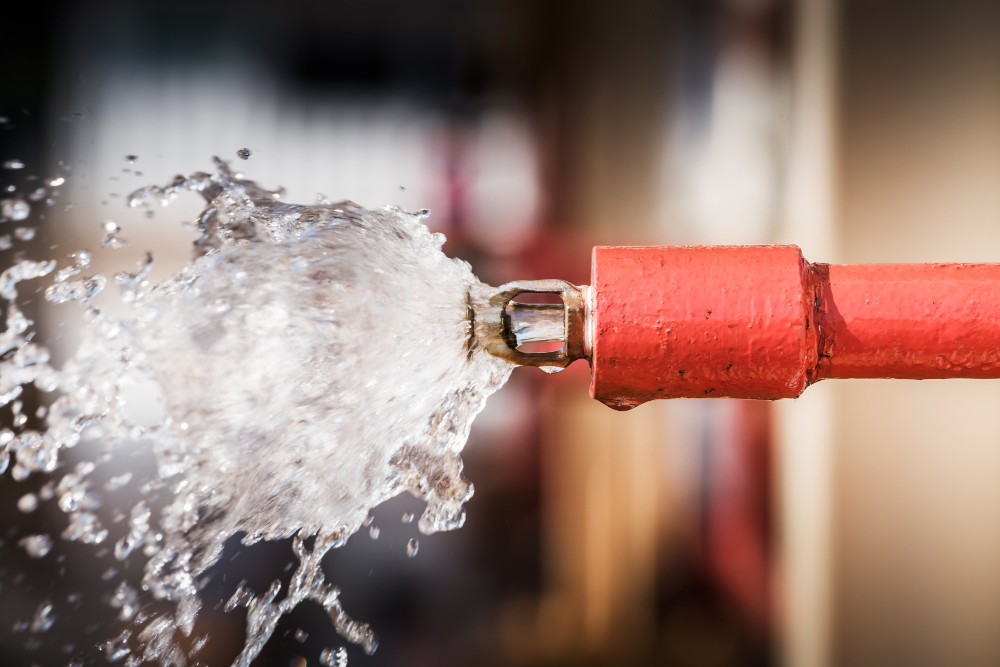
WATER LOSS IN GALLONS AT 60 P.S.I.
Size of leaks and quanity of loss per month: 1/32"-6,000 gallons, 1/16"-25,000 gallons, 1/8" 100,000 gallons, 1/4"-400,000 gallons of water loss in a month.
How to check your system for leaks
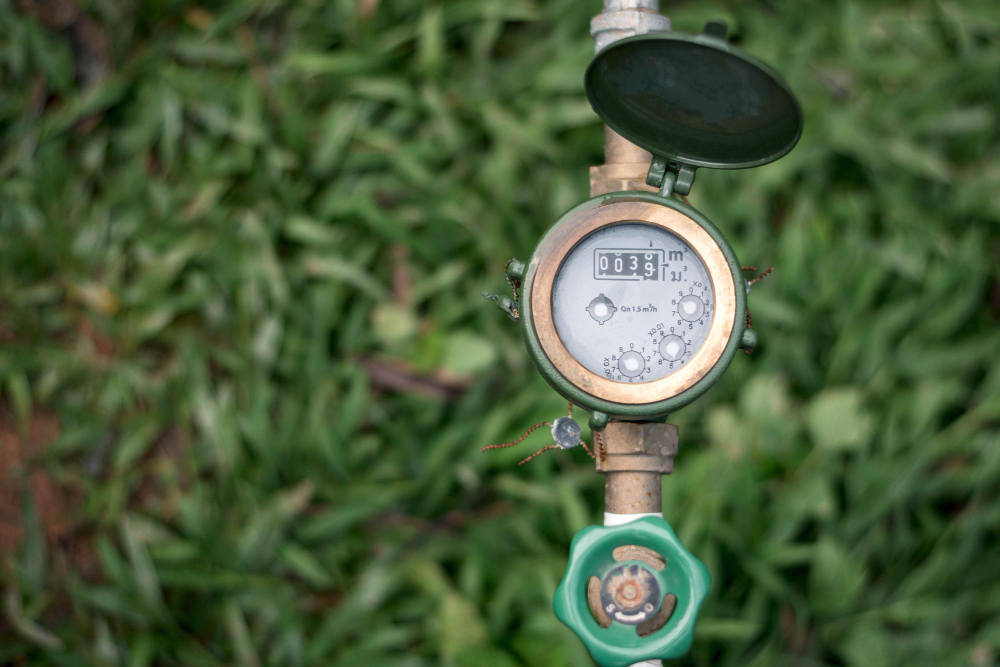
Locate the water meter
Typically it will be located in the front of your property near the road on either side of the property line. It is in a black box even with the ground. Look at meter to see if the dial is spining, if no water is running in the home meter should not move.
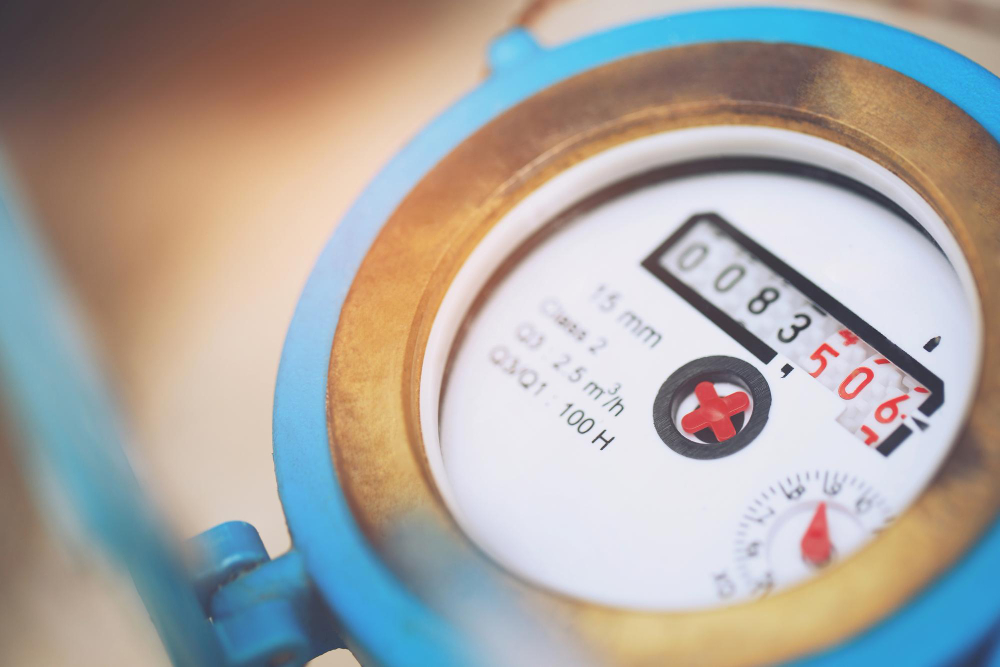
Read the meter twice
Read it first at night, after the day's water use has ended--and again in the morning, before any water is used. Subtract the first reading from the second reading to tell how much water (if any) leaked out overnight.
Water Quality Reports
Stay up-to-date with email and text Alerts!
Sign up to receive email and text notifications for emergency news, water quality reports, meeting agendas, and other important information!